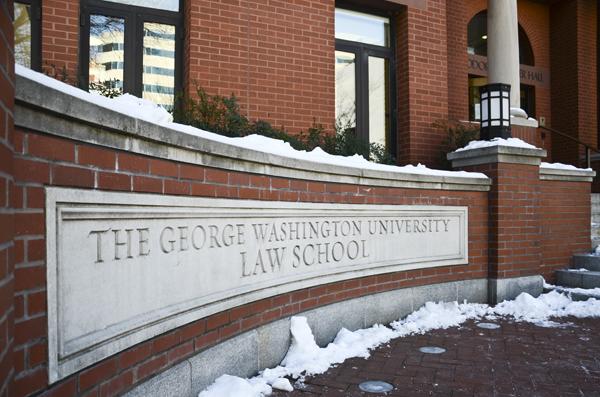Current law students interested in education policy will be able to earn a joint degree from the GW Law School and the Graduate School of Education and Human Development starting this fall.
Those students will take classes within both schools to meet the “growing demand” for analysts with expertise in law and education, said Carol Kochhar-Bryant, a senior associate dean in GSEHD. The two schools hosted a launch event last week.
The program will help analysts take on issue areas like access to education, how to bring students with special needs into the classroom and adult education, Kochhar-Bryant added.
“A central practical rationale for the new joint-degree program is the growing demand for policy analysts with combined expertise in law and education as many of the legal aspects of educational services in federal, state and local systems have increasingly become the core of policy debates,” she said.
The proposal has been in the works for several years, since GSEHD Dean Michael Feuer and former law school dean Paul Schiff Berman gave a joint group of faculty members the go-ahead to create the program, she said.
A law student who had participated in Teach for America and was interested in education policy first floated the idea for the degree, said Yas Nakib, the director of the education policy program.
By taking courses in two different schools, students will learn to analyze and implement policies in new ways, he said.
“In education policy programs, students are trained to be analysts, applying existing research and building on it,” Nakib said. “Whereas when pursuing a law degree, students typically gain depth in the legal conditions and their implications.”
While the law school has grown its enrollment over the last two years, the graduate education school has seen its enrollment drop. New degree programs are a typical way to boost enrollment, which is important for institutions like GW that rely on tuition for the bulk of their revenue.
After their first year of law school, students will be able to take up to 12 credit hours in the education policy master’s program. The University won’t create new courses for the degree because law students will take existing education policy courses.








